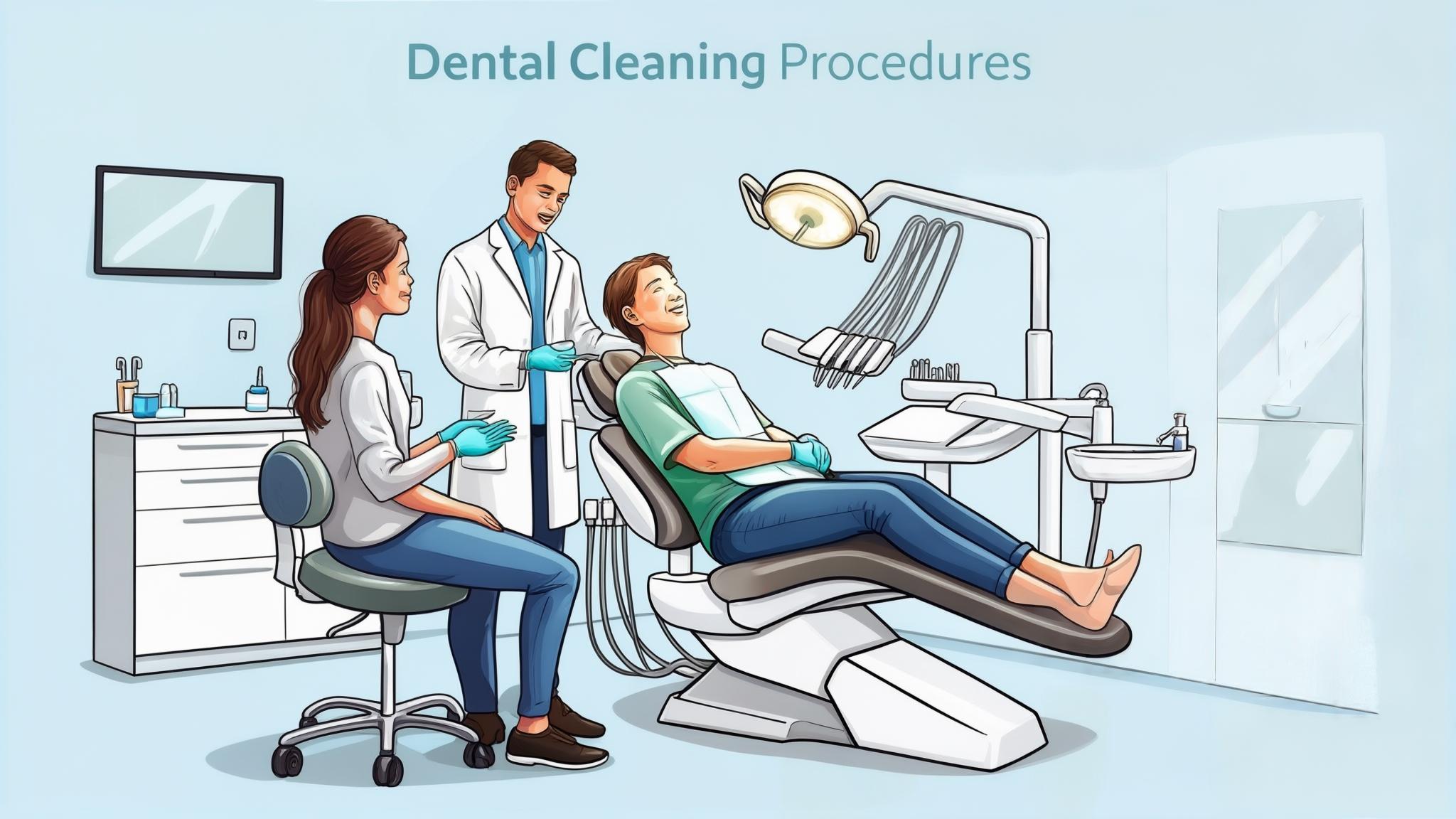Introduction
When was the last time you had a dental check-up? Regular dental visits are crucial not only for maintaining a sparkling smile but also for ensuring your overall oral health. Dental cleanings play a pivotal role in preventing gum disease, cavities, and other oral health issues. They help keep your teeth and gums healthy, which in turn contributes to your general well-being.
What is a Dental Cleaning?
A dental cleaning is a professional procedure performed by a dentist or dental hygienist to remove plaque, tartar, and stains from your teeth. Unlike the daily brushing and flossing you do at home, a dental cleaning reaches areas that your toothbrush and floss might miss, ensuring a deeper clean. Generally, it's recommended to have a dental cleaning twice a year, though your dentist might suggest a different frequency based on your specific needs.
Types of Dental Cleanings
Prophylaxis Cleaning
Prophylaxis cleaning is designed for individuals with healthy gums and teeth. During this cleaning, the dental professional uses specialized tools to remove plaque and tartar from the surface of your teeth and along the gum line. This type of cleaning is preventive, aiming to maintain oral health and prevent disease.
Deep Cleaning (Scaling and Root Planing)
For patients with gum disease, a deep cleaning is often necessary. This involves a process called scaling and root planing, where the dentist or hygienist cleans below the gum line to remove bacteria and tartar. This procedure helps treat gum disease and prevents it from worsening.
The Dental Cleaning Procedure
Pre-Cleaning Assessment
Before the cleaning begins, your dentist or hygienist will perform an initial examination. This involves reviewing your medical history and assessing your current oral health status. This step ensures that any issues can be addressed promptly.
Step-by-Step Process of Dental Cleaning
- Plaque and Tartar Removal: Using tools like scalers and ultrasonic devices, the hygienist meticulously removes plaque and tartar from your teeth.
- Polishing: After the removal of debris, your teeth are polished with a prophy cup and polishing paste to smooth the surfaces and remove stains.
- Flossing and Rinsing: Finally, your teeth are flossed and rinsed to ensure no debris is left behind.
Post-Cleaning Evaluation
Once the cleaning is complete, the dentist will discuss any findings with you. If any issues are detected, they may recommend follow-up appointments to address them.
Benefits of Professional Dental Cleanings
- Plaque and Tartar Removal: Professional cleanings remove substances that regular brushing can't.
- Prevention of Gum Disease: Regular cleanings can prevent the onset of gum disease and tooth decay.
- Aesthetics and Breath: Cleanings help freshen your breath and improve the appearance of your teeth.
- Early Detection: Regular visits allow for early detection of potential oral health issues.
Common Concerns and Myths
Many people worry that dental cleanings might be painful or uncomfortable. However, most patients experience minimal discomfort. It's essential to communicate any concerns with your dental care provider so they can make the experience as comfortable as possible. Another common myth is that dental cleanings aren't necessary if you brush and floss regularly. In reality, professional cleanings are an essential part of maintaining oral health.
Aftercare and Maintenance
After your dental cleaning, maintaining good oral hygiene is key. This includes brushing twice a day, flossing daily, and making wise dietary choices. Foods rich in calcium and low in sugar can support your oral health and keep your smile bright.
Conclusion
Regular dental cleanings are a cornerstone of good oral hygiene. They not only help maintain your smile but also play a vital role in preventing serious health issues. Schedule your routine check-ups and keep up with your at-home care to ensure your teeth and gums stay healthy. Remember, your dental professionals are your partners in maintaining your oral health.
References
For more information on dental cleaning procedures and oral health, consider visiting American Dental Association or Mayo Clinic.

